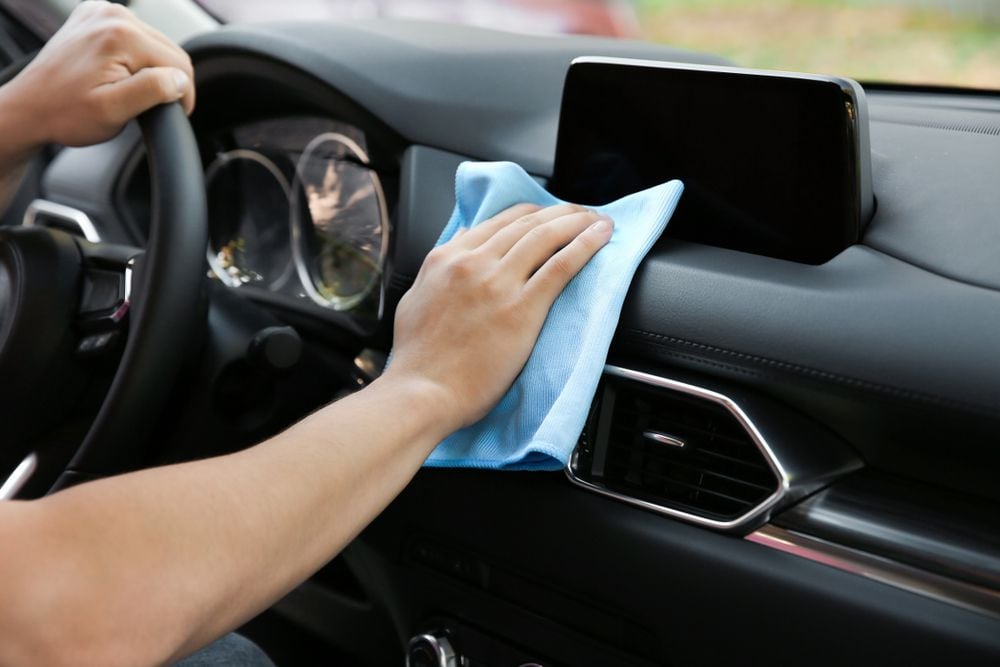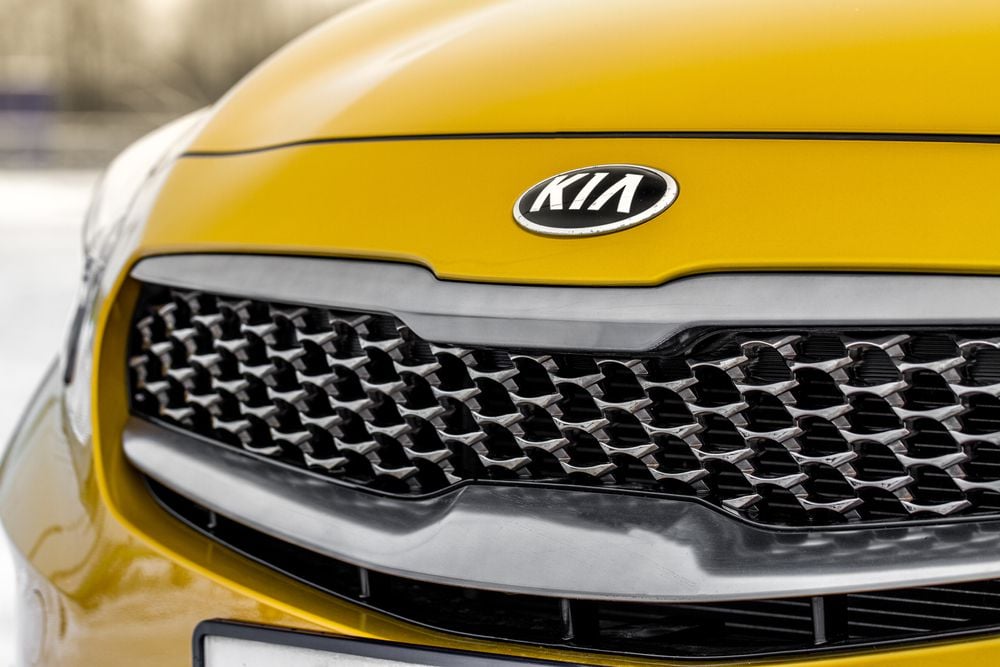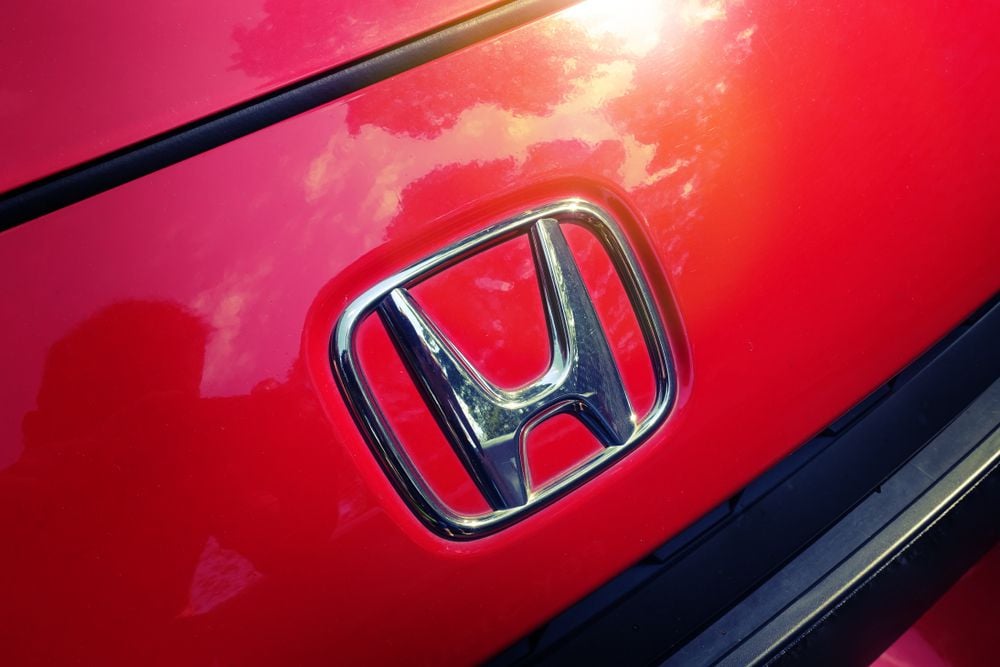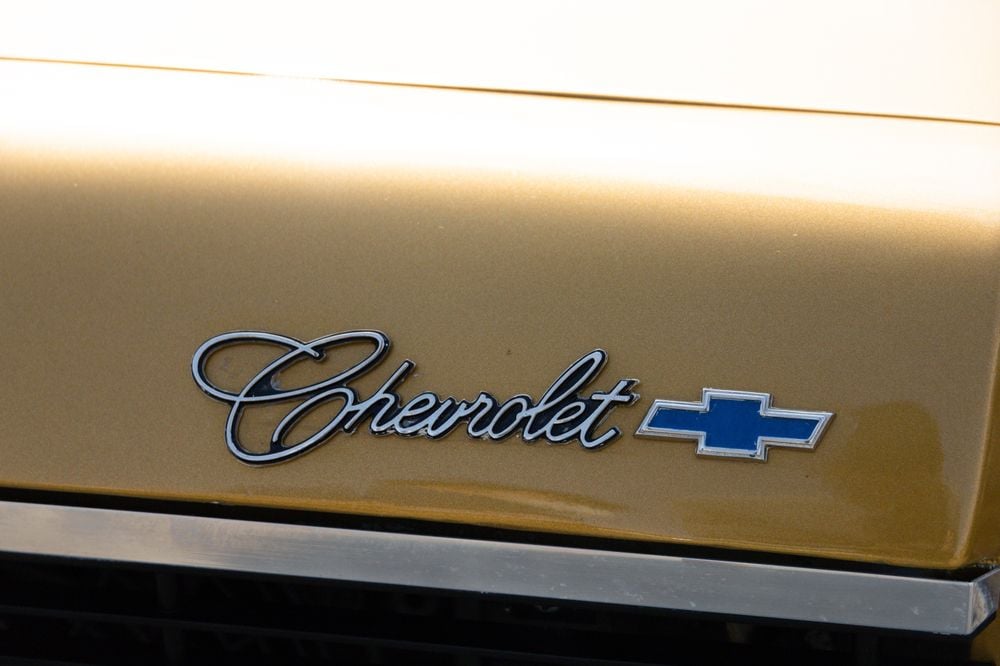
Post Written By Jackson Briar
Car Dashboard Cleaning Guide: Steps for a Shiny and Dust-Free Finish
Vehicle Specification Lookup Tool🔍
Find and filter vehicles by technical specifications.
Add filters to find all 2025 vehicles with over 300 hp and a second row headroom over 30 inches.
Debadging refers simply to the process of removing a car's badges, logos, manufacturer's markings, and other identifying marks that aren't related to the vehicle license plate.
The badge removal process is fairly common, as most people don't like the aesthetic markings that the manufacturer has chosen. But is this vehicle modification process legal?
Although at first glance this may seem like an illicit practice, debadging your vehicle is completely legal and can even be a way for a car owner to customize the car's appearance to their personal preference.
Vehicle owners also remove badges to keep the specification of their vehicle model on the down-low, especially if it is a luxury model that is of high value and vulnerable to theft. You can debadge a car on your own or rely on a dealer to debadge a car for you.
In today's guide, we'll discuss the legality of debadging a car, the possible negative outcomes of doing so, and positive reasons in favor of badge removal.
We'll also discuss ways that you can debadge a car on your own, as well as how much you can expect to pay to have it done professionally.
Table Of Contents [show]

There is no real law against the debadging process, and people debadge their vehicles all the time for aesthetic purposes, among others.
Some dealerships will even do the job for their customers for a fee and upon request.
As long as you aren't removing the legal identifying information from your car (i.e. the license plate), you won't be getting pulled over for a missing Lexus badge, for example.
Although removing emblems from cars isn't illegal, there are potential downsides including:
Unfortunately, one likely downside to debadging a car is that it will lose some resale value, especially if it's a luxury brand.
However, it's not likely to lower the resale value that much, especially if you make sure to repair any scuffs or paint problems that result from the debadging.

This is a common concern, alongside wondering whether debadging can affect insurance.
Fortunately, though, your car's warranty should not void when you debadge it, as long as you don't make other extreme modifications.
One thing you do have to seriously worry about with debadging - especially if it's a DIY process - is affecting the paint job as you remove hood ornaments and emblems.
This is why it's important to use the proper adhesive remover products and work gently if you can't get a professional to do the job for you.
At the end of the day, though, you may have to accept that you'll need to fix paint scuffs and other damages that arise from debadging.
Because certain car modifications require insurance modifications and custom policies, some people wonder,can debadging a car affect insurance rates and premiums? or Will my car insurance company care if I remove the badges?
You can generally rest assured knowing that, just as the police aren't going to care much whether or not you remove car badges, your insurance company probably won't either.
In most cases, the car insurance company is only going to care about modifications that increase the value of the car, like expensive parts upgrades or improvements to the performance of the car.
Or, the car insurance provider is going to be concerned with changes like steep drops in value that are the result of car accidents and other situations.

Luckily, debadging a vehicle in the United States is not an illegal activity, so you don't have to worry about it, regardless of the state you reside in.
And fortunately, it's not illegal in most other countries, either.
In fact, in many European countries, debadging cars is the norm, especially for luxury models.
There are many reasons that a car owner might want to get rid of the logos and badges.
Most commonly, it has to do with being annoyed by the appearance of a logo or wanting to remove the logo so that the car isn't a target for car thieves.
Maybe you have a new Mercedes Benz but don't want to risk the flashiness of this luxury car and the value that its badges reveal.
To avoid the possibility of getting their cars stolen, some owners will attempt to hide the value by removing these obvious signs of advertising.
Although emblems work as free advertising for the car manufacturer, you don't have to leave them in place if they don't suit your aesthetic tastes.
Many people want to show off their vehicle model, shape, and paint job without the distraction of flashy logos.
Removing badges can also help to make a car appear more sleek and streamlined, rather than bulky or obtrusive.
You may also opt to have the badges removed from a vehicle in order to make maintenance and cleaning easier.
For example, many badges, especially metal ones, can be sources of rust formation, the trapping of dirt and sap, and other harmful buildup.
Without the badges in place, car owners can easily clean, wax, and polish every desired inch of their vehicles without anything getting in the way.

And finally, some car owners rely on debadging to make it easier to modify other parts of the car in the future.
For example, if the grill is inhibited by a metal manufacturer badge, removing it can make room for grill upgrades and other changes at a body shop.
Many dealerships can and will debadge vehicles for their customers.
However, they may not want to or may advise customers against it because of how it will affect the car resale value.
If you get a really good deal, they may be willing to even do it for free, but in most cases, they will charge money because they're losing out on advertising.
Having a dealer remove badges or emblems from vehicles can be anywhere between $100 to several hundred dollars.
In most cases with badges and emblems that are set with adhesive, you're paying less to get the dealer to debadge the car.
But when it comes to emblems and badges set on the car with metal joinings, the prices can greatly increase.
In most cases at a body shop, you may get away with a cheaper bill (closer to $80-$200) when it comes to removing adhesive and other badges and emblems from vehicles.
However, if they end up damaging the paint job in the process, you may have to cough up more money to repair the superficial part of your car.
Again, at dealerships, removing adhesive emblems and badges will be on the cheaper side of the scale than removing metal badges and logos.
Debadging a car and removing its manufacturer emblems, badges, and side markings is more simple than it might seem.
You can use basically the same method at home for the debadging process that a body shop or dealership might use to remove emblems and badges from vehicles.
Some simple methods include:

Post Written By Jackson Briar
Car Dashboard Cleaning Guide: Steps for a Shiny and Dust-Free Finish

Post Written By Jackson Briar
The Risks of Driving with the Emergency Brake On: What You Need to Know

Post Written By Jackson Briar
The Legality of Car Debadging: What You Need to Know Before Removing Badges